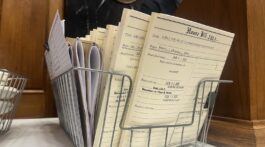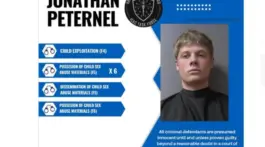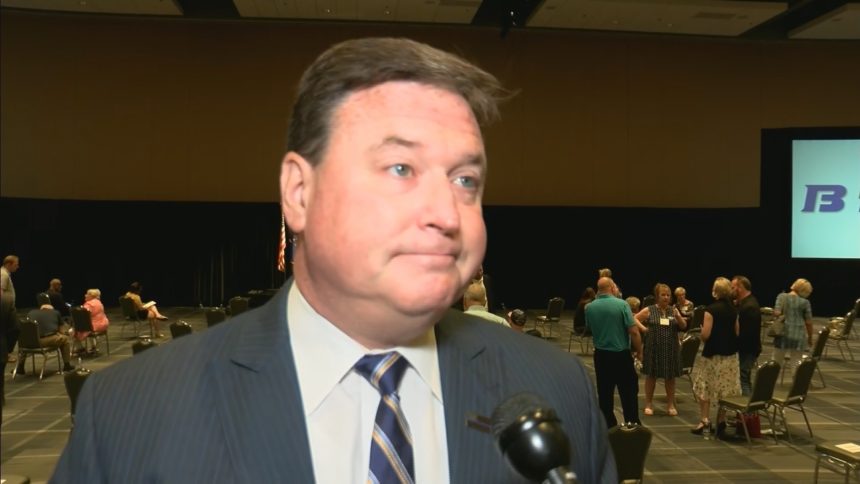The disciplinary case against Indiana Attorney General Todd Rokita is moving ahead after a hearing panel denied his motion to compel discovery and set a December hearing date. The ruling trims away side arguments and keeps the focus on one narrow question: did Rokita really mean it when he told the Indiana Supreme Court he accepted responsibility for his earlier misconduct?
The Backstory
This all started with Rokita’s 2023 reprimand. Back then, he admitted that his public comments about Dr. Caitlin Bernard violated ethics rules because they could prejudice a legal proceeding. The settlement included a public reprimand and an acknowledgment that he had crossed the line.
But after the ink was dry, Rokita issued statements that, according to the Disciplinary Commission, walked back his acceptance of responsibility. That led to the new complaint filed earlier this year. Rokita tried to get it tossed out, but in July the Indiana Supreme Court said no, appointed a three-judge panel to hear the case, and emphasized that the dispute is narrow: everyone agrees on what Rokita said, but not on what he meant when he said it.
The Discovery Fight
Rokita pushed for wide-ranging discovery—Commission emails, investigative notes, and internal communications—arguing he needed it to show bias and to bolster an Anti-SLAPP defense. The Commission pushed back, saying the requests were irrelevant, burdensome, and aimed at matters that don’t belong in a disciplinary case.
The panel agreed with the Commission. The order points out that Indiana’s Anti-SLAPP statute applies only in civil actions, not in attorney discipline proceedings. In fact, courts in other states have rejected similar arguments outright. Bottom line: the motives of the Commission or its staff aren’t on trial, and Rokita doesn’t get to dig through their files. His motion to compel was denied across the board, making the Commission’s protective order request moot.
What’s Next
Alongside the discovery ruling, the panel issued a scheduling order that sets the case on a fast track:
-
Preliminary witness and exhibit lists are due September 18.
-
First pre-hearing is set for September 30.
-
Discovery closes November 12.
-
Final pre-hearing is scheduled for November 19.
-
Final witness and exhibit lists, along with briefs, are due December 4.
-
The evidentiary hearing begins December 18 in Marion Superior Court.
The panel also urged both sides to consider mediation, even naming three potential mediators—including retired Justice Steven David—if the parties can’t agree on one.
The Takeaway
The order is a clear setback for Rokita. He won’t get to probe the Commission’s motives, and he won’t be able to argue Anti-SLAPP. The case now centers entirely on one issue: whether the state’s top lawyer was candid with the Supreme Court when he claimed to take responsibility.
Put another way—political spin and side arguments aside—this is now about candor. And if the Commission can prove Rokita said one thing to the Court while believing another, the consequences could be more serious than a public reprimand.











